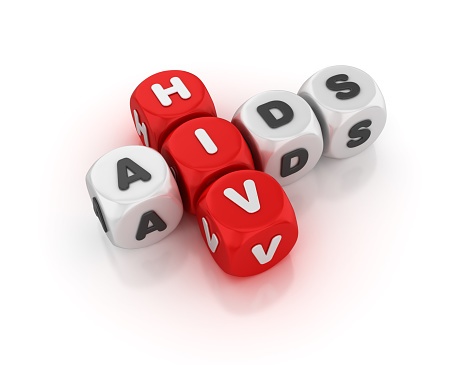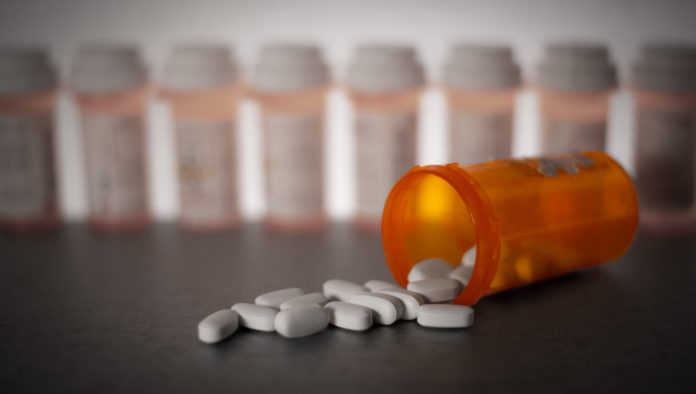In a two-part trial, researchers evaluated PGT121, a human immunodeficiency virus (HIV)-1 V3-glycan-specific antibody, in a mix of patients living with HIV and patients without HIV who were either on or not on antiretroviral therapy (ART). Co-lead authors Kathryn E. Stephenson, MD, MPH, and Boris Julg, MD, PhD, reported that PGT121 had promising safety and tolerability profiles and a “brisk” antiviral effect in viremic patients with HIV-1 whose viruses were susceptible at baseline. Their article was published in Nature Medicine.
The study met its prespecified endpoints, and the authors suggested that their data support “further investigation of the potential of antibody-based therapeutic strategies for long-term suppression of HIV… including in individuals off ART and with low viral load.”
In the first portion of the trial, the investigators trialed a single infusion of PGT121 via intravenous (IV) or subcutaneous (SC) administration at doses of 3, 10, and 30mg kg-1 in patients with and without HIV infections who were on ART. In the second portion, the trial was extended to multiple centers where one infusion of PGT121 at 30 mg kg-1 was administered to viremic patients with HIV who were not on ART. The primary endpoints included safety, tolerability, pharmacokinetics (PK), and antiviral activity. Other endpoints were changes in anti-PGT121 antibody titers and CD4+ T-cell count, as well as development of any HIV-1 sequence variations linked to PGT121 resistance.
The study included a total of 48 participants. No serious treatment-related adverse events, potentially immune-mediated diseases, or grade III or higher adverse events were reported during the trials. The most common reactions to PGT121 were IV/injection site tenderness, pain, and headache. Among patients with HIV, researchers found that absolute and relative CD4+ T-cell counts did not change after treatment, and anti-drug antibodies were not observed. In viremic patients, HIV RNA plasma levels were reduced by a median of 1.77 log, with a viral load nadir at a median of 8.5 days. The report highlighted two individuals who had low initial viral loads that achieved ART-free viral suppression for 168 plus days following antibody infusion. Notably, rebound viruses in the individuals had full or partial PGT121 sensitivity.
While the authors acknowledged that the generalizability of their findings is limited by their small sample size, they stated that “PGT121 should be tested further for its ability to maintain viral suppression in the setting of ART interruption, or to block HIV acquisition, particularly when used in combination with other [broadly neutralizing HIV-1 antibodies].”
Source: Nature Medicine









